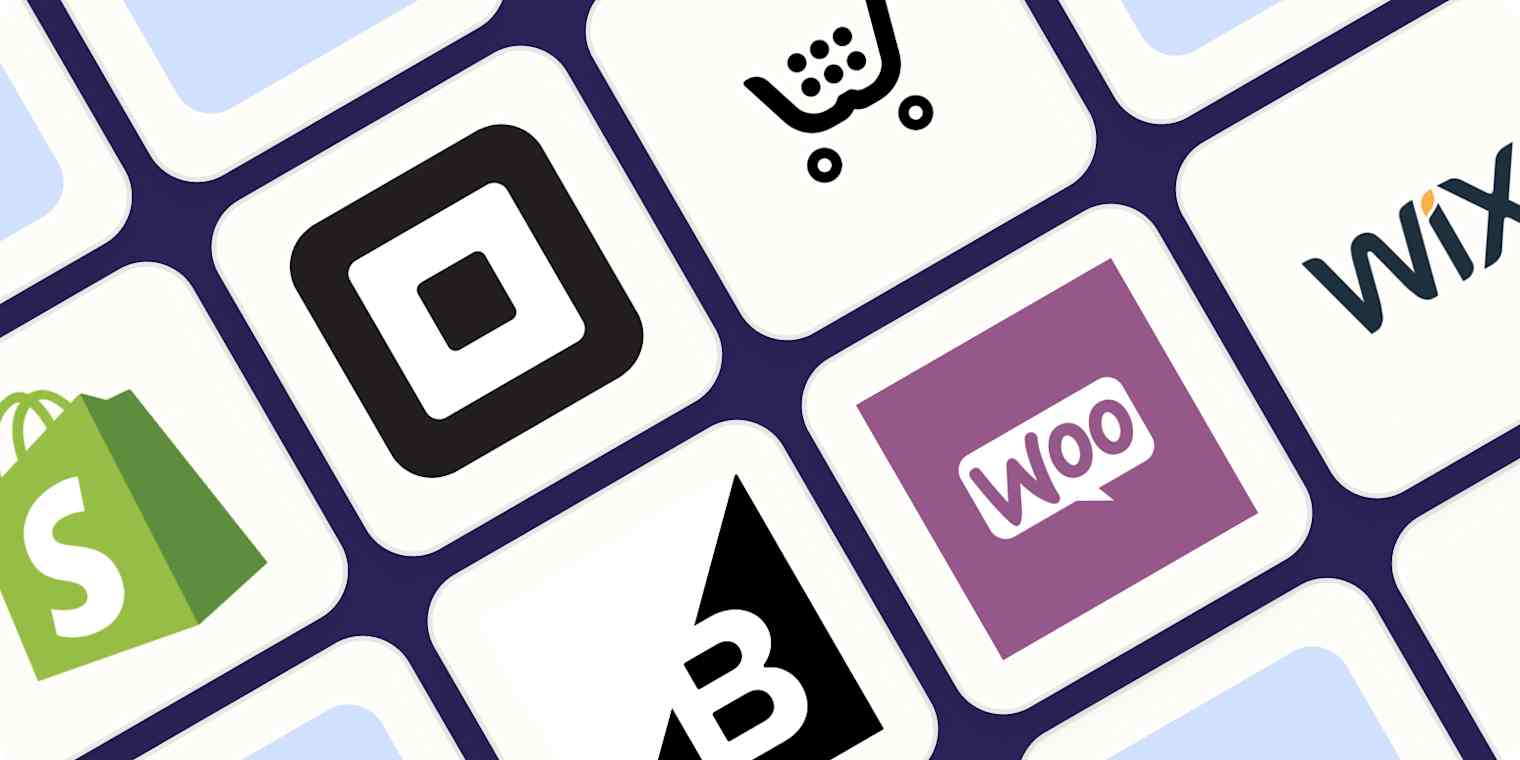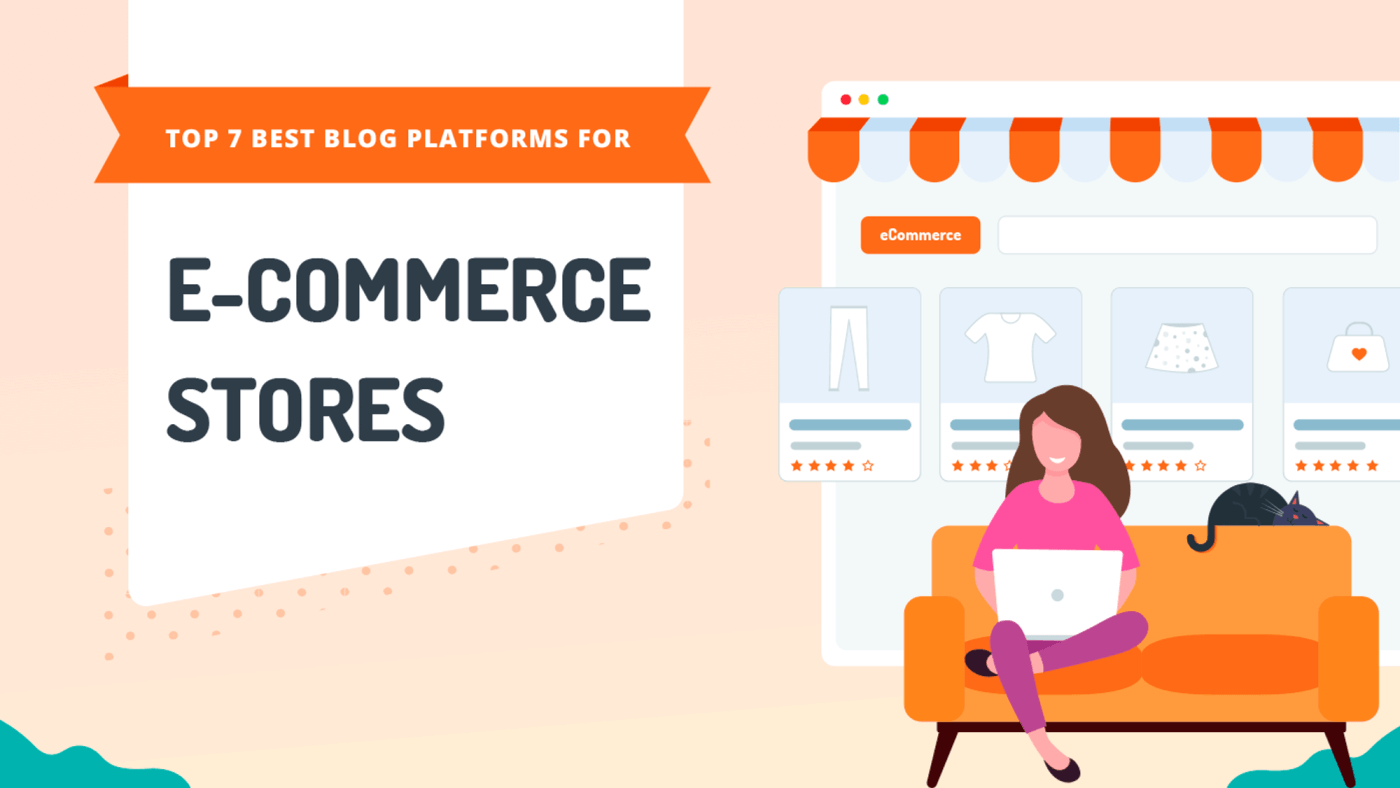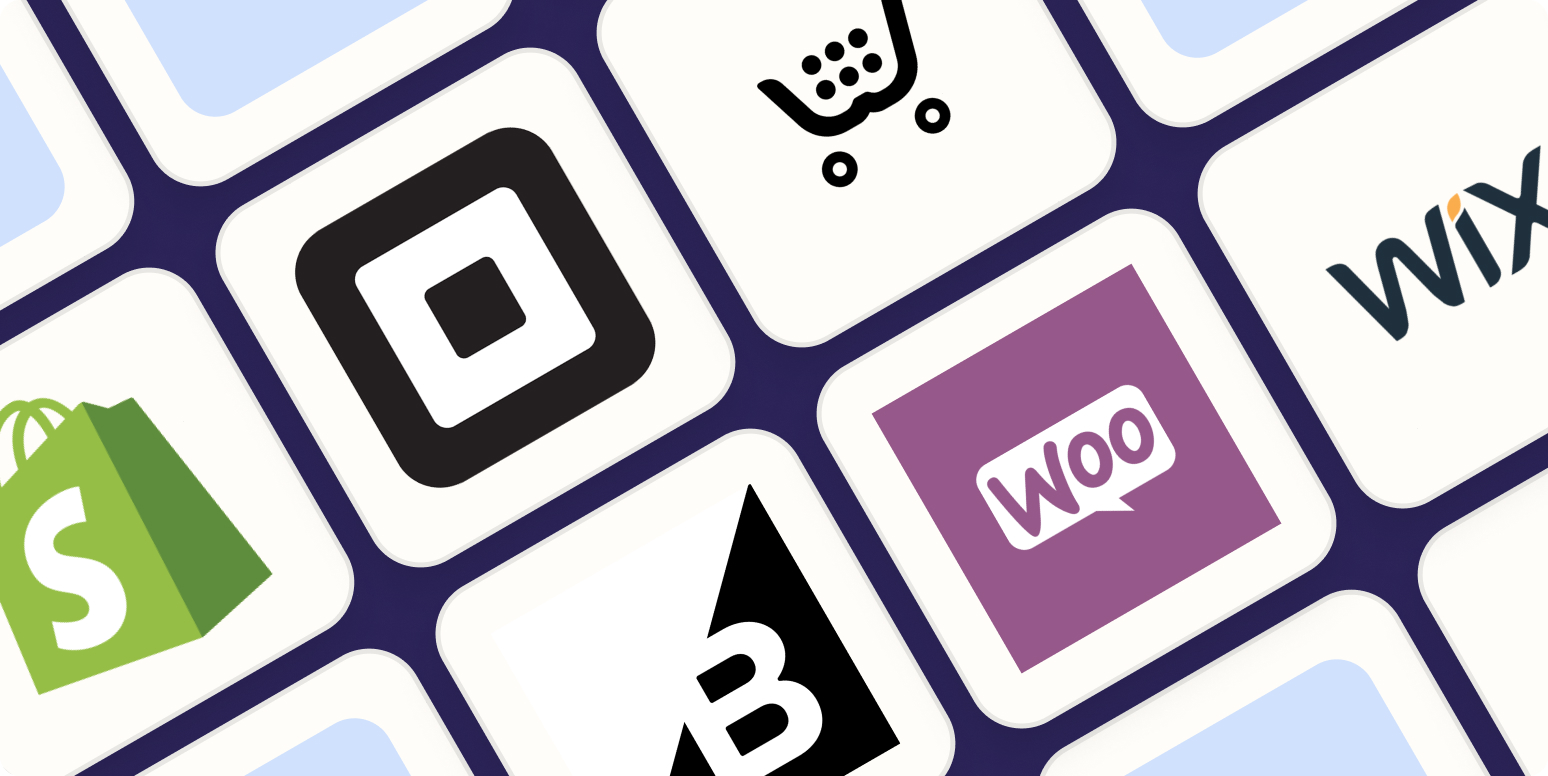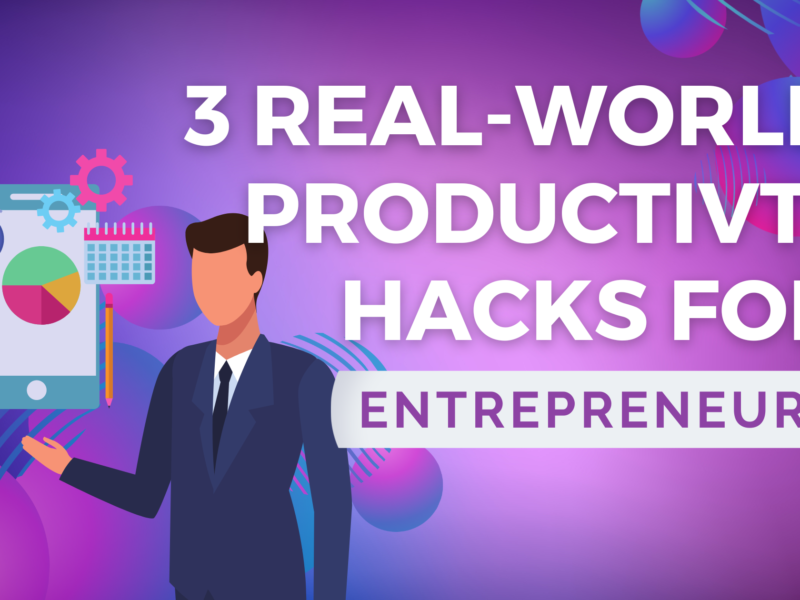E-commerce has transformed how we shop and do business. Finding the right platform is crucial.
Starting an online store can be overwhelming. With so many options, choosing the best e-commerce platform is vital. The right platform can simplify your business operations, enhance customer experience, and boost sales. E-commerce platforms offer various features, from easy website builders to advanced inventory management.
They cater to different business needs, whether you are a small startup or a large enterprise. In this blog, we’ll explore the best platforms for e-commerce. This guide will help you understand the strengths of each platform, ensuring you make an informed decision for your online business.
LaunchMyStore
Launch My Store is an innovative platform designed for creating e-commerce websites. It stands out for its simplicity and efficiency, enabling users to launch their online store with ease. With features catering to both beginners and experienced users, Launch My Store provides a seamless experience for setting up and managing e-commerce businesses. Let’s dive into the key features, advantages, and drawbacks of using Launch My Store.
Key Features
Launch My Store comes with a robust set of features aimed at making e-commerce easy and effective:
- Drag-and-Drop Builder: Build your store effortlessly, no coding required.
- Customizable Templates: Choose from a variety of modern and professional templates tailored for online stores.
- Mobile Optimization: All templates are designed to look great on mobile devices.
- Integrated Marketing Tools: Includes email marketing, social media integration, and promotional tools to boost your sales.
- Secure Payment Options: Supports multiple gateways like PayPal, Stripe, and others for safe transactions.
- Inventory Management: Built-in tools to manage stock levels and track product performance.
- SEO-Friendly Design: Features and tools to help improve your store’s ranking on search engines.
Pros and Cons
Knowing the pros and cons of Launch My Store can help determine if it’s the right platform for your business:
| Pros | Cons |
|---|---|
| Simple and intuitive interface for all users. | Limited integrations with third-party apps. |
| Modern and professionally designed templates. | Basic plan lacks some advanced features. |
| Comprehensive marketing and SEO tools. | |
| Affordable pricing plans starting at $19/month. | |
| Secure payment gateways to protect data. |
Conclusion
Launch My Store is a fantastic choice for small to medium-sized businesses or entrepreneurs looking to establish an online presence quickly and effectively. Its ease of use, secure payment options, and built-in marketing tools make it an attractive option. For those seeking a reliable and beginner-friendly platform, Launch My Store provides an excellent balance of features and functionality.
Shopify
Shopify is a powerful e-commerce platform used by many businesses. It offers tools and features to help you build and run an online store. Small startups and big companies use Shopify. This platform simplifies the process of selling online.
Key Features
Shopify offers a range of key features. You can choose from many professional themes. These themes are mobile-friendly. You can customize them to fit your brand. Shopify includes a secure shopping cart. It supports various payment gateways. This ensures smooth transactions.
Another key feature is the app store. It has many apps to enhance your store. You can add features like email marketing, social media integration, and inventory management. Shopify also provides powerful analytics. You can track sales and customer behavior. This helps you make informed decisions.
Pros And Cons
Shopify has several pros. It is easy to use. You don’t need coding skills to set up your store. The platform is reliable. It offers secure hosting and fast loading speeds. Shopify provides excellent customer support. You can get help 24/7 via phone, chat, or email.
However, there are some cons. Shopify charges transaction fees unless you use Shopify Payments. Advanced customization may require hiring a developer. The cost of apps can add up. This may increase your overall expenses.
Magento
Magento stands out as a powerful platform for e-commerce. It offers flexibility and control over your online store. Many large businesses trust Magento for its robust features.
Key Features
Magento provides an extensive range of features. It supports multiple languages and currencies. This helps businesses expand globally. The platform also has a strong inventory management system. You can manage thousands of products with ease. Magento is highly customizable. It allows you to tailor the store to your brand’s needs. The platform also integrates well with third-party services.
Pros And Cons
Magento has many strengths. It is highly scalable, which is great for growing businesses. The platform offers a high level of customization. This means you can create a unique store. Magento also has a large community of developers. This makes finding support easier.
But, Magento has some drawbacks. It can be complex for beginners. The platform may require a developer for initial setup. Hosting costs can also be higher than other platforms. This is due to its resource-intensive nature. Despite these cons, Magento remains a top choice for many.
Woocommerce
WooCommerce is a powerful e-commerce plugin for WordPress. It transforms your WordPress site into an online store. It is popular for its flexibility and ease of use. Many small and medium-sized businesses prefer WooCommerce for its extensive features.
Key Features
WooCommerce offers a range of key features:
- Seamless Integration: Integrates smoothly with WordPress.
- Customizable: Offers many themes and extensions.
- Product Management: Easy to manage physical and digital products.
- Payment Options: Supports various payment gateways.
- Shipping Options: Flexible shipping methods and rates.
- Analytics: Built-in analytics for store performance.
Pros And Cons
| Pros | Cons |
|---|---|
|
|

Credit: zapier.com
Bigcommerce
BigCommerce ranks among the best platforms for e-commerce, offering versatile tools and features. It helps businesses create and manage online stores easily.
BigCommerce stands out as a leading e-commerce platform. It offers robust tools that cater to both small businesses and large enterprises. With its wide range of features, it helps businesses grow online sales effectively.
Key Features
BigCommerce provides numerous features that make it a preferred choice. It supports unlimited products, file storage, and bandwidth. This ensures your store can scale as needed. The platform also offers built-in SEO tools. These tools help improve your store’s search engine rankings. Additionally, BigCommerce integrates seamlessly with various payment gateways. This provides flexibility in handling transactions.
Pros And Cons
BigCommerce has many advantages. One key benefit is its user-friendly interface. This makes it easy for beginners to set up their stores. It also offers excellent customer support. Users can access help 24/7 via chat, email, or phone. Another plus is the platform’s security features. BigCommerce ensures your data stays safe.
Yet, there are some drawbacks. The pricing can be higher compared to other platforms. This might be a concern for small businesses on a tight budget. Also, the customization options may seem limited to advanced users. They might need more flexibility in design.
Squarespace
Squarespace is a popular platform for building e-commerce websites. It offers beautiful design templates and an easy-to-use interface. Squarespace is ideal for small to medium-sized businesses. It provides a one-stop solution for creating and managing online stores. Let’s explore its features, pros, and cons.
Key Features
- Design Templates: Squarespace offers stunning and customizable templates. You can match them to your brand’s look and feel.
- Drag-and-Drop Builder: The intuitive drag-and-drop builder makes it easy to create pages without coding.
- Integrated E-Commerce Tools: Manage products, inventory, orders, and customers all in one place.
- Built-In SEO Tools: Optimize your site with built-in SEO tools. Improve your search engine rankings.
- Mobile Optimization: All templates are mobile-friendly. Ensure a great user experience on all devices.
- 24/7 Customer Support: Get help anytime with their round-the-clock customer support.
Pros And Cons
| Pros | Cons |
|---|---|
|
|

Credit: www.shopify.com
Wix
Wix is a popular platform for creating e-commerce websites. It is known for its ease of use and flexibility. With its drag-and-drop interface, even beginners can set up an online store quickly. Let’s explore some of the key features, pros, and cons of using Wix for e-commerce.
Key Features
Wix offers a variety of features that make it suitable for e-commerce:
- Drag-and-Drop Builder: Create your store without any coding.
- Customizable Templates: Choose from numerous templates tailored for online stores.
- Mobile Optimization: All templates are mobile-friendly.
- App Market: Integrate various apps to extend your store’s functionality.
- Secure Payment Options: Accept payments through multiple gateways like PayPal, Stripe, and more.
- SEO Tools: Built-in tools to help improve your store’s search engine ranking.
Pros And Cons
Understanding the pros and cons of Wix can help you decide if it’s the right platform for your e-commerce needs:
| Pros | Cons |
|---|---|
| Easy to use with a user-friendly interface. | Limited scalability for very large stores. |
| Wide range of customizable templates. | Advanced features may require third-party apps. |
| Built-in SEO tools to improve visibility. | Transaction fees on some payment gateways. |
| Secure payment options to protect customer data. | Template switching involves redesigning your site. |

Credit: dropinblog.com
Frequently Asked Questions
What Are The Top E-commerce Platforms In 2023?
LaunchMyStore ,Shopify, WooCommerce, BigCommerce, Magento, Wix, and Squarespace are popular platforms for e-commerce businesses in 2023.
Which E-commerce Platform Is Best For Small Businesses?
LaunchMyStore is great for small businesses. It’s easy to use, has many features, and good customer support.
Can I Start An Online Store For Free?
Yes, platforms like WooCommerce offer free plans. But, you may need to pay for hosting and domains.
What Is The Most User-friendly E-commerce Platform?
Wix is known for its user-friendly interface. It offers drag-and-drop features and customizable templates.
Which E-commerce Platform Is Best For Seo?
WooCommerce is highly customizable and great for SEO. It integrates well with WordPress, which is SEO friendly.
Do E-commerce Platforms Offer Mobile-friendly Designs?
Yes, most platforms like LaunchMyStore Shopify, Wix, and Squarespace offer mobile-friendly and responsive designs for better user experience.
Conclusion
Choosing the right e-commerce platform is crucial for your business success. Each platform has unique features. Assess your needs carefully. Consider costs, customization, and support. Evaluate ease of use and scalability. Focus on security and payment options. Test different platforms if possible.
The right choice will help grow your online store. Start your e-commerce journey today.


